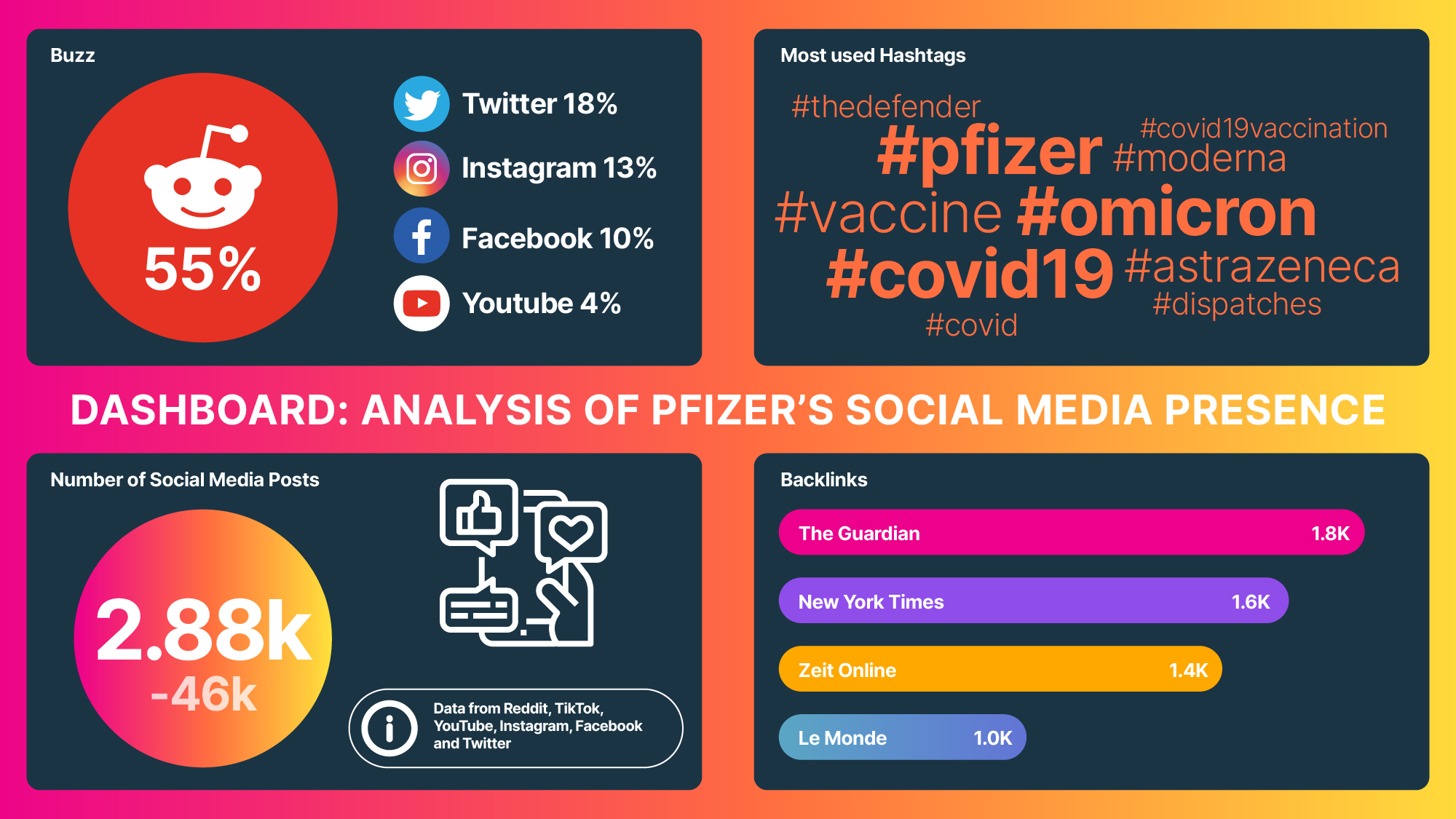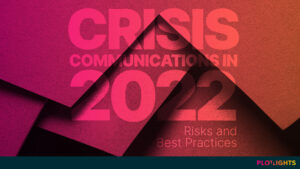It’s bleak out there.
There’s no sugarcoating the dire straits we find ourselves in globally right now.
War in Europe, something thought to be a relic of a bygone era, is raging and getting worse by the day. Aside from the horrific loss of life and wholesale decimation of cities, the war’s effects reverberate globally. Energy markets are in turmoil sending Europe into disarray to sort out alternatives to Russian gas. Ukraine and Russia are among the largest wheat producers globally and while producing less than the EU and China, the effects of disruption are massive; half of Africa’s wheat import comes from those two nations according to the UN. The UN’s World Food Programme also “buys half of the wheat it distributes around the world from Ukraine” as per Human Rights Watch.
Inflation is eating our money with rates unseen since 1991 in the OECD countries, averaging 7.2% across those nations in January 2022 – up from 1.6% in January 2021. US inflation leaped to 8.5%, the highest since 1981.
We’re also by no means clear of COVID with extreme lockdown measures stifling Shanghai and perhaps coming to Beijing and throwing global supply chains into disarray – again.
Yes, it’s bleak out there and markets are responding accordingly. The risk of recession has never been higher in recent memory and all those macro risk factors plus the recent yield curve inversion led Goldman Sachs to put the likelihood of a US recession at 35% in the next 2 years.
A whopping 81% of Americans are worried about a recession this year.
A downturn in the US can quickly turn into a global recession with the UK, Europe, and China teetering as well.
The question becomes, how are you managing the messaging and controlling the narrative as a communications or PR pro?
Is It Time to Cut Your Communications and Marketing Budget?
Before we get into the how let’s first look at the timing and nature of your efforts.
Point blank: a recession, or even an impending one, is the wrong time to cut your marketing, PR, and comms budget.
Continuous communication is key and it matters even more in uncertain times. To that end, all of the above should be considered cyclical and counter-cyclical.
It’s not an either/or proposition.
Customers, clients, and your staff are all looking for reassurance through the storm. The need to cut costs in tough times is understandable but going dark and reducing your comms or marketing to save a bit of money in the short term is the very definition of being penny wise and pound foolish.
Behaving counter-cyclically and carrying on not only maintains the trust and brand equity you’ve built but enhances it by strengthening the connection with your target audience through difficult periods. Your constant, reassuring presence has the potential to put you in better standing on the backend of a recession, even if only subconsciously because you’ve proven your dependability.
That’s not speculation either.
A 1985 McGraw-Hill study of 600 B2B companies found that “three years after the recession, companies that kept advertising through the dark days had sales that were up 275 percent from 1980, the base year, while those that had cut their budgets were up only 19 percent.”
Moreover, as a comprehensive Harvard Business Review (HBR) study of 4,700 companies going through recessions found, “firms that cut costs faster and deeper than rivals don’t necessarily flourish. They have the lowest probability—21%—of pulling ahead of the competition when times get better.”
It’s about being smart and implementing an “optimal combination of defense and offense,” what HBR terms “progressive companies.”
In other words, your communications strategy needs to shift.
Is Your Communications Strategy Recession-Proof?
A recession means a lot of things to a business but above all, it means trimming the fat in order to survive. We’ve already established that communications is an area you can’t zero out but it is a space that needs to be optimized and streamlined when the going gets tough.
Here are some dos and don’ts to ensure you’re ready to market and communicate through and after an economic decline.
Dos
- Analyze ROI – Critically and honestly analyze what you’re doing and how you’re spending with respect to comms, then asses the ROI of those efforts and reduce spending on the lowest ROI initiatives.
- Be honest – There’s no sense in trying to tell people everything is fine when it’s plainly not, so level with them. Candor and vulnerability go a surprisingly long way and create even more trust.
- Sharpen your value proposition and differentiate – Customer budgets are slipping away as fast as yours so refine your message to address whatever it is that your target customer needs the most. Cut the rest and focus on offerings that truly fit.
- Leverage social – When budgets get tight, communications and PR options like social are worth their weight in gold. Low cost and high ROI with the benefit of getting closer to your clients and customers on an emotional level.
- Stay top of mind – In addition to social, utilize other inexpensive comms and PR like email marketing, content marketing, and newsletters to maintain thought leadership and keep people in the know.
- Outsource – If you need to trim headcount, you can always contract marketing, PR, and comms to freelancers.
- Get employee, customer, and supplier input – Ask and listen to your staff, customers, and supply chain partners. Learn from them and tailor your communications around what clients want and your internal messaging on what employees are worried about.
Don’ts
- Don’t stop engaging – Hard times create strong bonds so a recession is the time to solidify relationships with current customers and clients. Post consistently, reply to all comments, be a conversation starter and stay active.
- Don’t think short-term – Always analyze your decisions in terms of what they mean after the recession. Short-term thinking often leads to rash decisions that set you up poorly for the future.
- Don’t stop communicating – An obvious one but it can’t be overstated; you must keep the flow of information alive and the story going.
How to Communicate During an Economic Crisis or Recession
Your communication goals have to change when things go south. It’s not the time for eternal optimism anymore. Just as you’re looking for reassurances anywhere you can find them, your customers and suppliers are searching for the same.
Be the anchor in troubled waters.
Don’t forget that the stress of navigating the sea of recession is felt acutely by your staff too. They need the same reassurance as well as encouragement, motivation, and support to carry your message to consumers. Additionally, your new corporate game plan and vision to outlast the recession should be shared with them so they clearly understand the changing role they’ll play in getting there.
Redirect your comms to quell anxiety and decrease stress.
How?
Simply put; honest, open, and straightforward messaging done consistently and frequently.
A Crisis Is Also an Opportunity
As Churchill put it, “never let a good crisis go to waste.”
In the process of scaling back your budget and analyzing your business through the prism of a tighter wallet, you have the unique opportunity to develop not just new efficiencies but entirely new offers. Transformation, innovation, and solutions triggered by challenging situations.
More importantly, you have a glowing chance to grow your market share.
Consider this basic thought experiment:
What happens if you stop marketing but your competitors carry on?
If you’re the market leader, perhaps you can skate by on reputation, bruised but not necessarily broken. If you’re not near the top, quitting comms can be the kiss of death, slowly overcome by unbroken messaging from rivals.
The prospect of capturing a greater share of the market is therefore prime during a recession, don’t let the opportunity pass by being overly frugal and conservative. The cumulative effect of investing in telling your story when others aren’t is huge on the backend.
Thoughts on Post-Recession Communications
Communication is important in the best of times but it’s mission-critical in the midst of an economic or financial crisis. Continued marketing and PR throughout a recession is what sets you up for a potentially supercharged recovery. It creates comfort in the minds of your customer, increases their trust and it ensures that your employees know you’re looking out for their best interests. In a post-recession world, is there anything more valuable than a committed team ready to serve a trusting and assured customer base?







